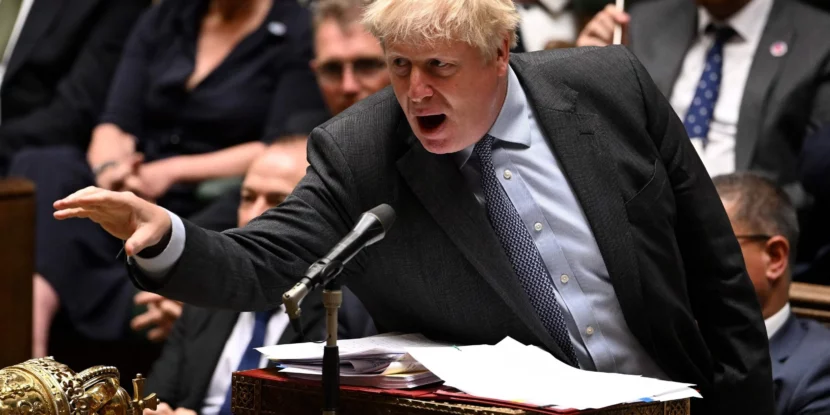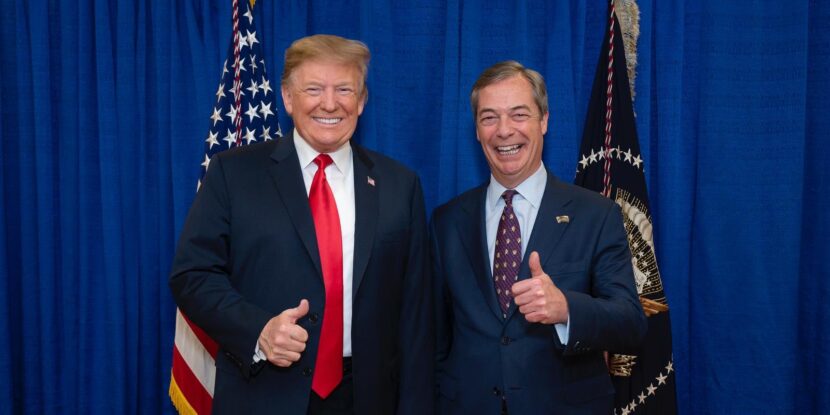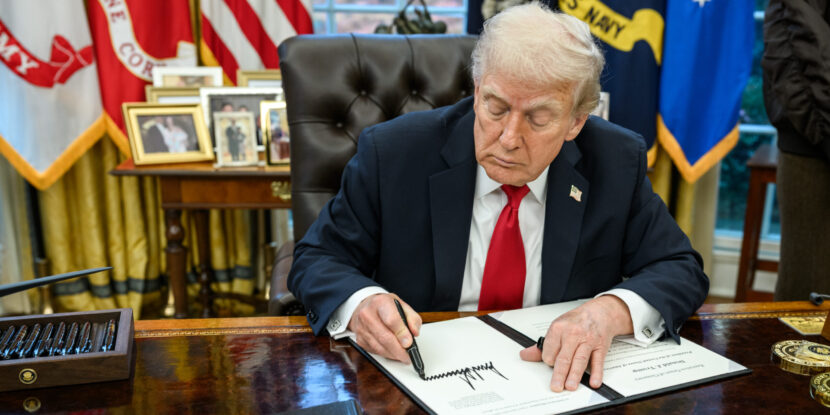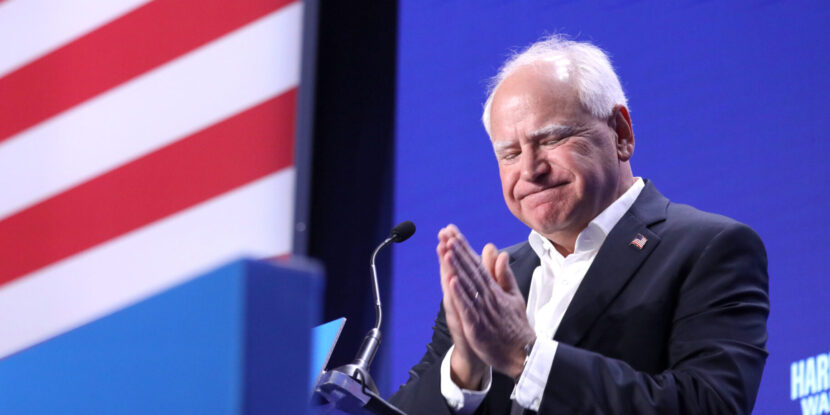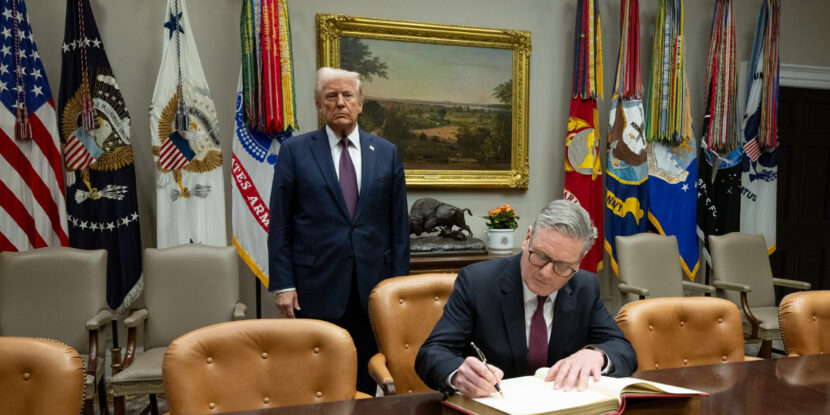Prime Minister Rishi Sunak’s Conservatives (Tories) are turning to Sunak’s former boss, Boris Johnson, to save them from “20 years” in opposition. Current projections show Sir Keir Starmer’s Labour Party winning a landslide legislative majority, with Nigel Farage’s Reform Party leading the Tories in the polls.
Tens of thousands of letters bearing Johnson’s signature will reach voters this week. He has already penned a handful of paywalled articles urging Dail Mail readers to vote Conservative.
According to one party source, Johnson “cut[s] through,” which is “a rarity in this Conservative campaign.” However, while in-person campaigning by Johnson is under discussion is currently under discussion, allies of the former prime minister are briefing the press that they think it is unlikely.
The former prime minister resigned and ultimately left Parliament altogether in the wake of a homosexual, underage sex scandal cover-up. In 2019, the Conservatives gained their largest parliamentary majority since the 1980s under Johnson, as promised to ‘Get Brexit Done’ and reduce immigration. However, his botching of Brexit, abject failure on immigration, and mismanagement of the Wuhan virus pandemic significantly reduced his “cut through.”
Despite campaigning as a populist, Johnson governed from the left, heavily influenced by his liberal wife, Carrie Johnson, née Symonds. Prime Minister Sunak, who had been Johnson’s Chancellor of the Exchequer (Treasury Secretary), continued the same policies—although the two are now bitter enemies, reducing the chances of Johnson taking a full role in the election campaign.
Johnson now spends much of his time touring America and Continental Europe, lobbying for more war with Russia. He praised Ukraine’s Neo-Nazi Azov Brigade as “heroes” in London recently, and posed for pictures with their Waffen-SS-inspired flag.
We've published provisional long-term international migration estimates, UK, year ending December 2023.
• Immigration was 1.2m
• Emigration was 532,000
• Provisional net migration (difference between people arriving and people leaving) was 685,000➡️ https://t.co/klL8ga1u1x pic.twitter.com/qdQPBAsGf7
— Office for National Statistics (ONS) (@ONS) May 23, 2024
